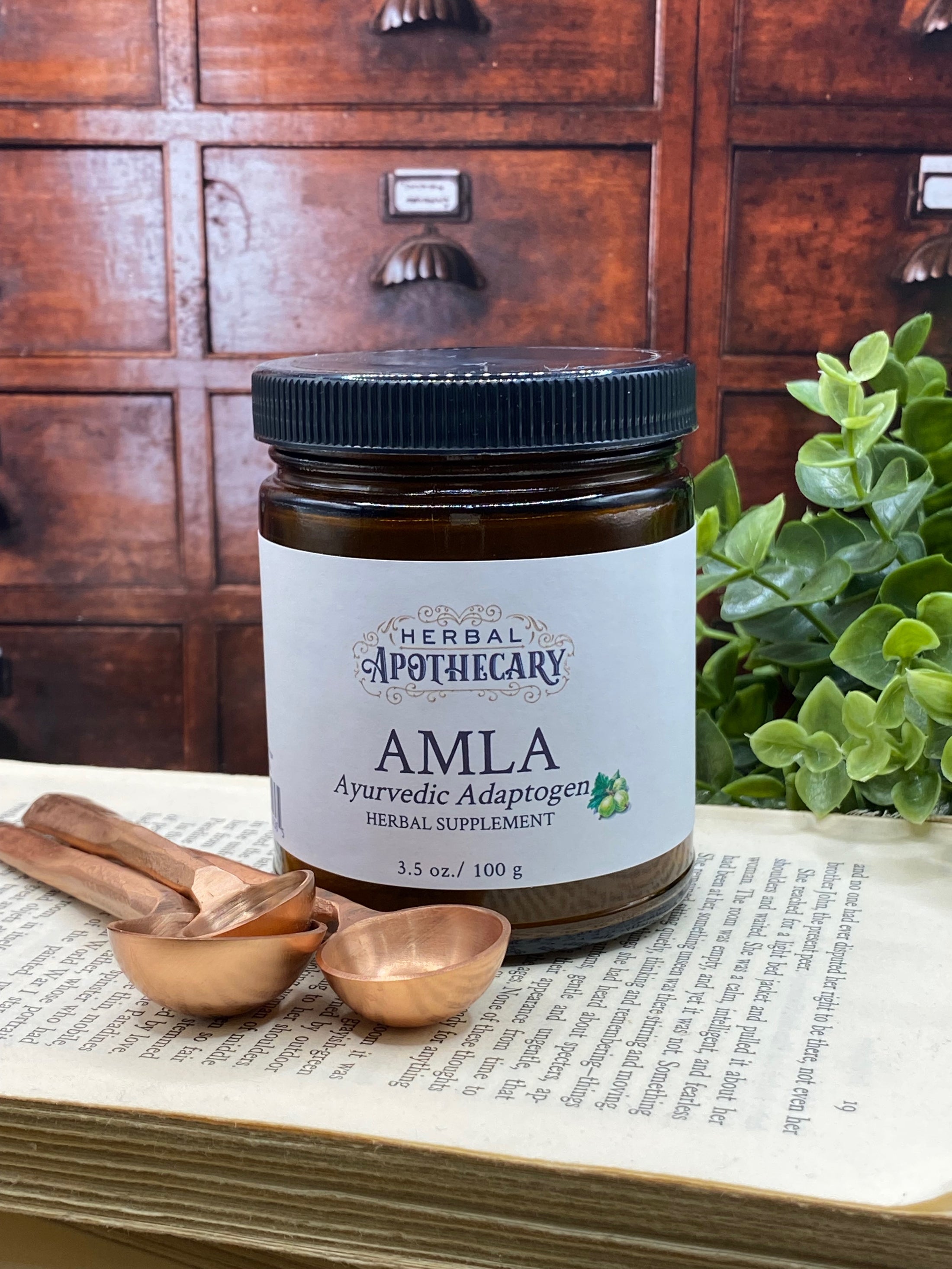Experience the natural vitality of Amla—a treasure trove of wellness brought to you in its purest form. Revered for centuries in traditional Ayurvedic practices, this small yet potent fruit is packed with a wealth of nutrients and antioxidants. Each serving of Amla enhances your daily routine, offering a vibrant boost that aligns with nature's own balance.
Benefits of Amla:
- Rich in Nutrients: Amla is a powerhouse of essential vitamins and minerals, providing a nourishing addition to your lifestyle.
- Antioxidant Support: Its high antioxidant content helps support your body's natural defenses, keeping you refreshed and revitalized.
- Natural Vitality: Incorporating Amla into your routine can offer a subtle boost to your everyday energy levels, complementing your busy lifestyle.
Unlock the secrets of nature's vitality with Amla—where timeless tradition meets modern wellness!

